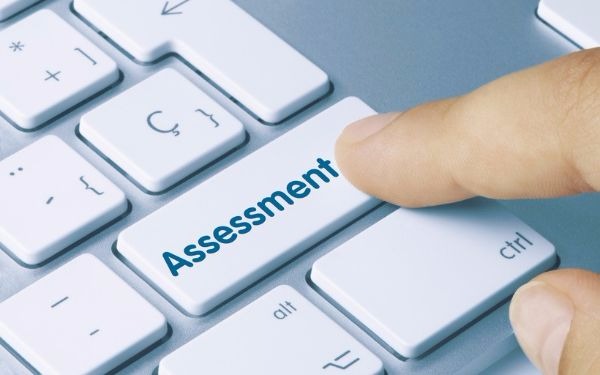
By Luke Haynes and Mithran Samuel
Staff carrying out Care Act needs assessments of autistic adults are getting less autism-specific training despite requirements for authorities to ensure assessors are suitably trained.
Forty three per cent of councils said they offered no autism-specific training to staff carrying out assessments, or such training was only taken up by less than half of relevant staff, found the autism self-assessment exercise 2018, published by Public Health England last month.
This was up from 28% in 2016, found the biannual assessment of how councils and NHS partners are performing against the objectives of the government’s adult autism strategy. There was an accompanying fall in the proportion of councils offering training to at least 75% of assessors, from 28% to 21%.
Council requirements
The finding comes despite:
- The Care and Support (Assessment) Regulations 2014 requiring local authorities to ensure assessors have the skills, knowledge and competence to carry out the assessment in question and are appropriately trained.
- The Care Act statutory guidance (which councils may only depart from for a good reason) saying that assessors must receive “regular, up-to-date training on an ongoing basis” and that they must have “the skills and knowledge to carry out an assessment of needs that relate to a specific condition or circumstances requiring expert insight, for example when assessing an individual who has autism, learning disabilities, mental health needs or dementia” (paragraph 6.86).
- The statutory guidance on the autism strategy stating that local authorities should ensure that those conducting needs assessments of adults with autism have demonstrable skills and knowledge in relation to autism including how autism presents across the lifespan, its developmental trajectory, the common difficulties faced by adults on the autistic spectrum and the impact of autism on personal, social, educational and occupational functioning.
‘Really worrying’
Speaking to Community Care, the National Autistic Society’s director of external affairs, Jane Harris, said the figures were “really worrying” and highlighted some of the implications of council’s failure to offer autism training to assessors.
““The Autism Act came into force 10 years ago, aiming to stop autistic adults falling between gaps in support and services. But its impact has been limited by national and local failings to invest in the specialist support autistic people need.
“Autism is a hidden disability and if professionals don’t understand autism, they will end up not giving people support to do basic things like eating, washing and dressing.”
Reduced access to assessments
There was also a sharp drop in the proportion of authorities saying that a diagnosis of autism triggered a Care Act needs assessment in their area.
Just 36% of authorities said this was the case in their area, down from 48% in 2016.
Also there was a fall, from 83% to 77%, in the proportion of local authorities saying there was a path for autistic people without a learning disability to get an assessment or support.
This year’s Community Care Live 2019 boasts over 30 free learning sessions to equip you to face the key challenges in social work practice today. You can also sign up to any of our eight legal learning sessions to help ensure you have the legal literacy your role requires. Register now to ensure you don’t miss out.


 Assistive technology and dementia: practice tips
Assistive technology and dementia: practice tips  A trauma-informed approach to social work: practice tips
A trauma-informed approach to social work: practice tips 




 Find out how to develop your emotional resilience with our free downloadable guide
Find out how to develop your emotional resilience with our free downloadable guide  Develop your social work career with Community Care’s Careers and Training Guide
Develop your social work career with Community Care’s Careers and Training Guide  ‘Dear Sajid Javid: please end the inappropriate detention of autistic people and those with learning disabilities’
‘Dear Sajid Javid: please end the inappropriate detention of autistic people and those with learning disabilities’ Ofsted calls for power to scrutinise children’s home groups
Ofsted calls for power to scrutinise children’s home groups Seven in eight commissioners paying below ‘minimum rate for home care’
Seven in eight commissioners paying below ‘minimum rate for home care’
 Facebook
Facebook X
X LinkedIn
LinkedIn Instagram
Instagram
This is appalling isn’t it. There should be a report that asks how many assessors have training in other specialisms such as Learning Disability and Dementia too?. I think it would be a similar outcome.
What this actually shows is a lack of commitment to training assessors by councils. Although I think lack of funding would have a big part to play in this.
For assessors interested, there was a previous article in community care giving tips on how to assess people with autism. If you ask the wrong question, you will get the wrong answer.
To not have clear pathways to assessment for people with Autism without a learning disability is just pretty poor, as this costs nothing. This just shows how uncommitted a council is to this group of people.